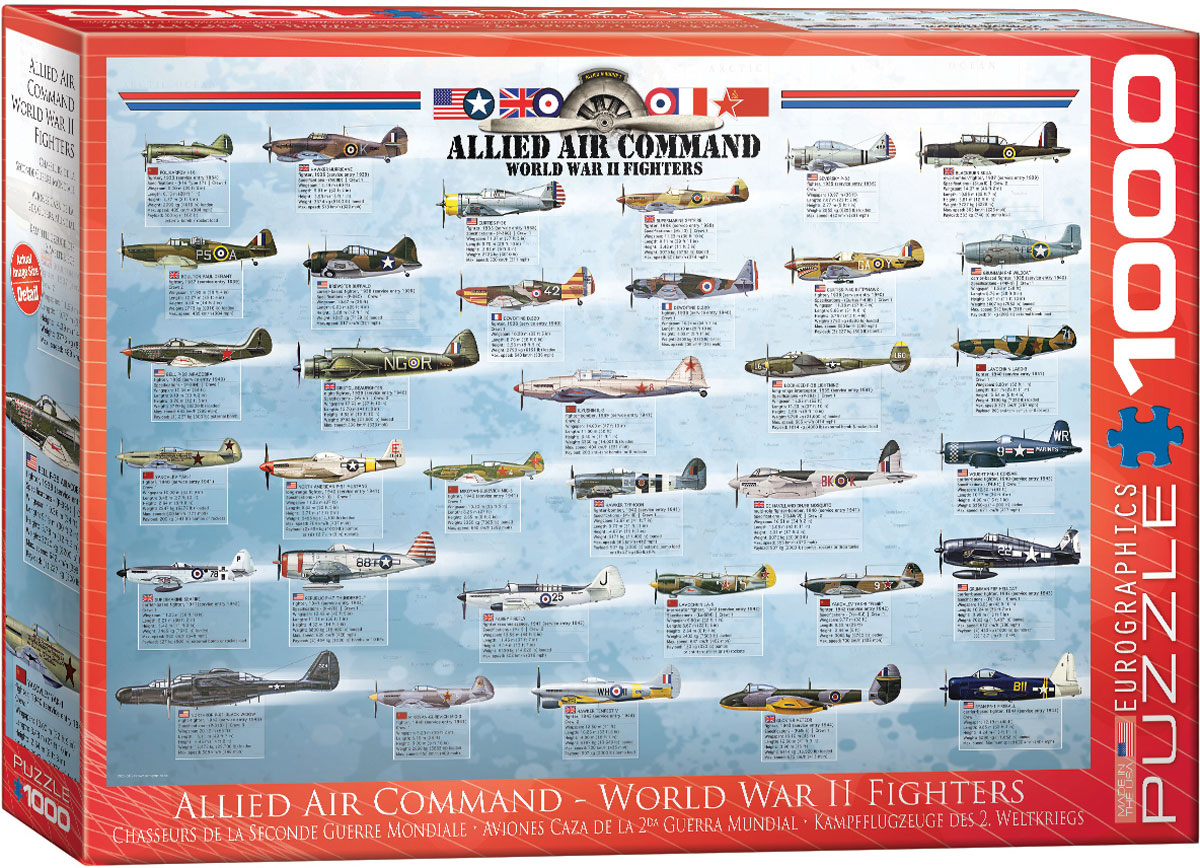Top 5 WWII Fighters

Introduction to WWII Fighters

The era of World War II saw the development and deployment of some of the most iconic and influential fighter aircraft in history. These planes played a crucial role in the war, serving as the primary defenders of airspace and attackers of enemy aircraft. The top 5 WWII fighters are a subject of much debate among historians and aviation enthusiasts, but certain models stand out for their exceptional performance, maneuverability, and impact on the war’s outcome.
Criteria for Selection

The selection of the top 5 WWII fighters is based on several key criteria, including: - Speed and Agility: The ability to outmaneuver and outrun enemy planes. - Firepower: The capacity to inflict significant damage on enemy aircraft. - Durability: The ability to withstand damage and continue flying. - Production Numbers: The quantity of planes produced, reflecting their impact and availability. - Combat Performance: Real-world combat effectiveness and the impact on the war’s outcome.
The Top 5 WWII Fighters

Based on these criteria, the following fighters are widely regarded as among the best of the war:
- North American P-51 Mustang: The P-51 Mustang was an American fighter that excelled in long-range missions, thanks to its exceptional fuel capacity and range. It played a crucial role in escorting bombers deep into enemy territory and was highly effective in dogfighting.
- Supermarine Spitfire: This British fighter is renowned for its role in the Battle of Britain. The Spitfire was highly maneuverable and had a strong rate of climb, making it a formidable opponent in close combat.
- Messerschmitt Bf 109: The Bf 109 was the primary German fighter throughout the war. It saw extensive action and was continually updated to stay competitive, with later models being highly effective against Allied aircraft.
- Mitsubishi A6M Zero: The A6M Zero was a Japanese fighter that dominated the skies in the early years of the war, particularly in the Pacific Theater. Its exceptional range, speed, and maneuverability made it a powerful opponent.
- Lockheed P-38 Lightning: The P-38 was an American twin-engine fighter that stood out for its unique design and capabilities. It was used for various roles, including interception, ground attack, and photo reconnaissance, and was particularly effective in the Pacific.
Comparison of Top Fighters

A comparison of these top fighters reveals their unique strengths and weaknesses: - Speed: The P-51 Mustang and the Bf 109 were among the fastest, with top speeds exceeding 400 mph. - Maneuverability: The Spitfire and the A6M Zero were highly praised for their agility and tight turning radius. - Firepower: The P-38 Lightning, with its nose-mounted cannons, offered significant firepower. - Range: The P-51 Mustang and the A6M Zero had exceptional range, allowing for deep penetration into enemy territory.
Impact on the War

These top 5 WWII fighters had a significant impact on the war’s outcome: - They protected bombers and ground forces from enemy air attacks. - They engaged in dogfights, weakening the enemy’s air power. - They supported ground operations by providing air cover and conducting strafing runs.
📝 Note: The development and deployment of these fighters were influenced by the technological advancements and strategic needs of the time, highlighting the rapid evolution of military aviation during WWII.
Legacy of WWII Fighters

The legacy of these WWII fighters extends beyond the war itself: - They paved the way for the development of modern jet fighters. - They showcased the importance of air superiority in military conflicts. - They became symbols of national pride and technological achievement.
| Fighter | Top Speed | Range | Firepower |
|---|---|---|---|
| P-51 Mustang | 440 mph | 3,000 miles | 6.50-cal machine guns |
| Supermarine Spitfire | 370 mph | 470 miles | 2.303-cal machine guns, 4 20mm cannons |
| Messerschmitt Bf 109 | 380 mph | 410 miles | 2 13mm machine guns, 1 20mm cannon |
| Mitsubishi A6M Zero | 330 mph | 1,900 miles | 2 13mm machine guns, 2 20mm cannons |
| Lockheed P-38 Lightning | 414 mph | 2,600 miles | 1 20mm cannon, 4.50-cal machine guns |

In reflecting on the top 5 WWII fighters, it’s clear that each brought unique strengths to the battlefield, contributing significantly to the war’s outcome. Their designs, capabilities, and performances set the stage for the development of modern fighter aircraft, ensuring their legacy continues to influence military aviation today. The combination of speed, firepower, maneuverability, and range made these fighters stand out, and their impact on the course of the war was undeniable. As we look back on these iconic planes, we are reminded of the innovation, bravery, and strategic importance that defined the air battles of World War II.
What made the P-51 Mustang so effective?

+
The P-51 Mustang was highly effective due to its exceptional range, allowing it to escort bombers deep into enemy territory, combined with its speed and firepower.
How did the Spitfire contribute to the Battle of Britain?

+
The Spitfire played a crucial role in the Battle of Britain, defending British airspace against the German Luftwaffe with its superior maneuverability and rate of climb.
What were the advantages of the A6M Zero?

+
The A6M Zero had exceptional range and maneuverability, making it a dominant force in the early years of the war, particularly in the Pacific Theater.



